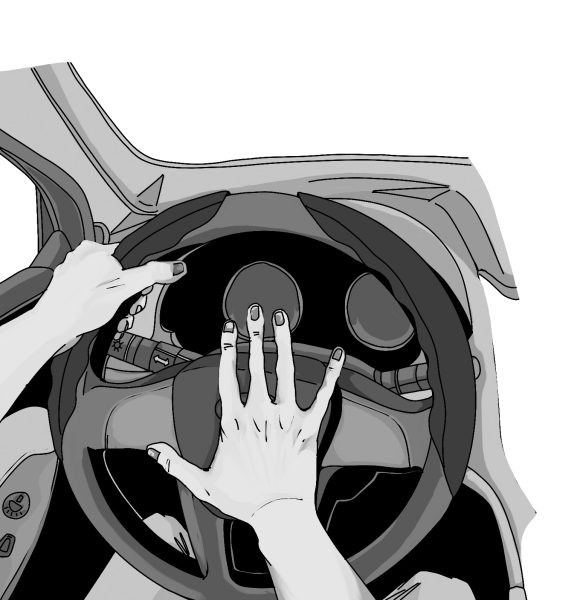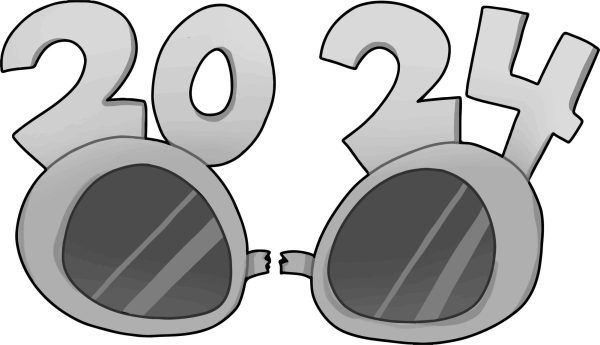Running Start is not for everyone
February 26, 2016
Amidst concerns for the growing cost of college, the Bellevue College Running Start program has seen impressive growth. In fact, 129 students at Liberty enrolled in it this year, a 42% rise from last year. While this program is clearly popular, it is likely not the best decision for college bound juniors and seniors.
Running Start gives Washington state upperclassmen the option to enroll at local community colleges in order to earn college credit while in high school. These credits can count towards the completion of a Bachelor’s degree, or they can constitute an Associate’s degree if courses are carefully planned.
The most commonly cited reason to do Running Start is the potential to earn college credit. Many people assume that two years of community college credit will transfer to two years of credit at a four-year university.
This is not the case, however. Many Running Start credits don’t actually count towards a degree, and students enter the UW as freshmen regardless.
The UW requires 50-100 of major-related credits and 50-90 credits of general education requirements, totaling 180 credits for a Bachelor’s degree. Students earn 90 credits from two years of Running Start, but only some of these credits coordinate with UW graduation requirements.
It is possible to earn two years of college credit, but that requires careful planning and is only feasible if you definitely know which college and major you want to go into when you are in tenth grade. Considering that the average person changes majors three times during college, it’s unlikely this will work. A much more likely scenario is that a student will only earn 30-60 usable credits from Running Start.
Students choosing Running Start need to be prepared to leave much of high school life behind. If they are not suited to their new environment, students may suffer academically and socially.
Running Start teachers aren’t nearly as supportive as those from Liberty. There are no after-school tutoring sessions, and because homework and participation no longer cushion your grades, failure to understand something in time for an exam can result in a permanent blow to your college transcript.
“If you don’t know your stuff, then you’re pretty much screwed,” Running Start junior Grace Blue said.
Extracurricular involvement is also hindered by Running Start. Students have to drive back to Liberty to continue participation in their clubs and sports, making it easy to find themselves distanced from their high school community.
While students have to make sacrifices with Running Start, Liberty remains an excellent place to spend junior and senior years. With eight periods, students have tons of choice in the classes they choose to take. It also offers AP courses, which offer college credit much more assuredly than those from Running Start.
Running Start credits rarely transfer to out-of-state schools. If you choose Running Start, you basically close-off the opportunity to attend competitive out-of-state colleges. AP classes, however, are standardized, so colleges everywhere know what kind of curriculum you had and are much more likely to offer credit. Additionally, for the best colleges, they prove that you took the hardest classes possible.
“If you’re looking to go to a school like a Harvard or MIT, you are better off doing AP classes while sticking around school and doing as many activities as you can,” Doug Chappelle, who interviews MIT applicants, said.
Running Start is still a great option if you only plan to get an Associate’s degree. You can avoid paying two years of tuition and come out of high school ready to work in all kinds of jobs that require more than a high school diploma but less than a four-year degree.












